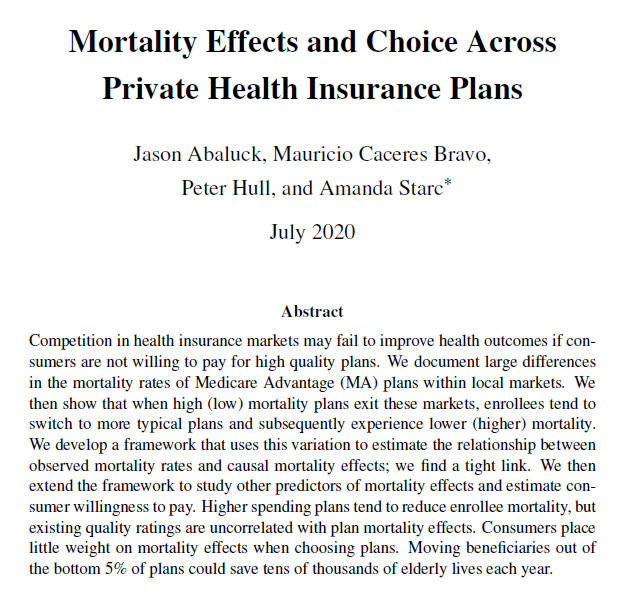
People puzzled by Trump's near-win forget how hard it is to form beliefs about the world. Even for professional policy analysts, your views about nearly all topics are heavily shaped by deferring to those around you. If you had the wrong epistemic community, you'd be sunk too!
Judgments that seem like ones "every decent person should hold" are judgments that you yourself would almost certainly fail to hold if all the seemingly decent people around you also did not hold them.
It takes immense sophistication and knowledge to make reasonable inferences about political questions directly, let alone figure out who you should defer to on topics where you have no first-hand expertise.
The question is not why some people defer to the wrong people (everyone does!), but how a handful of communities manage to defer well-enough over the very long-term that knowledge accumulates.
• • •
Missing some Tweet in this thread? You can try to
force a refresh



